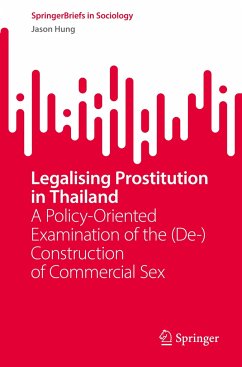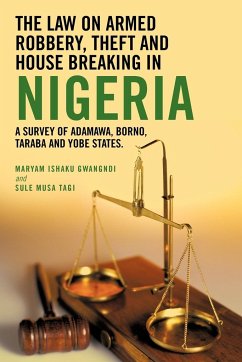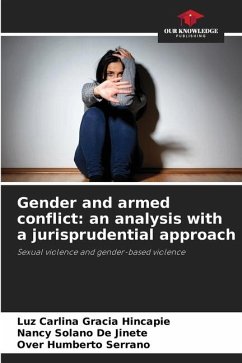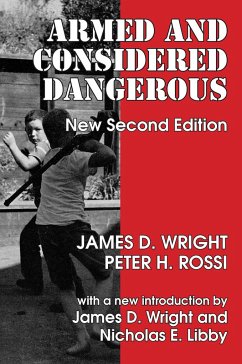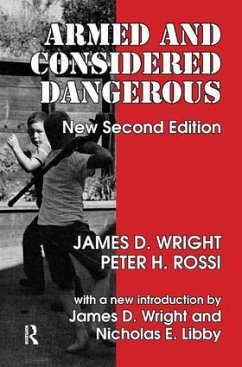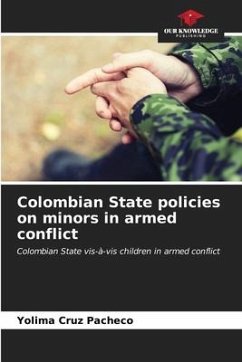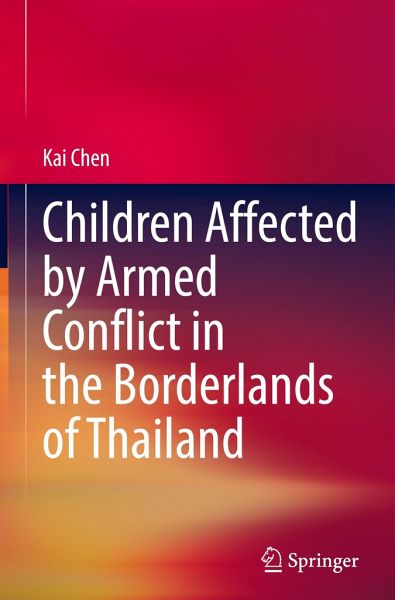
Children Affected by Armed Conflict in the Borderlands of Thailand

PAYBACK Punkte
49 °P sammeln!
This book explores how children have been affected by armed conflict in the borderlands of Thailand, particularly in the region abutting the Thailand-Myanmar border, and in the most southern part of Thailand. The author argues that the Thai government has made great efforts to protect children from armed conflict in these borderlands. The author analyzes the obstacles facing the Thai government in protecting children from armed conflict in the borderlands, and advances alternative solutions for how the Thai government might better protect children from armed conflict in the foreseeable future....
This book explores how children have been affected by armed conflict in the borderlands of Thailand, particularly in the region abutting the Thailand-Myanmar border, and in the most southern part of Thailand. The author argues that the Thai government has made great efforts to protect children from armed conflict in these borderlands. The author analyzes the obstacles facing the Thai government in protecting children from armed conflict in the borderlands, and advances alternative solutions for how the Thai government might better protect children from armed conflict in the foreseeable future. This book not only opens a window for future research on children affected by armed conflict in the borderlands of Thailand and beyond, but also contributes to the breadth of perspective and depth of expertise in related fields, such as studies of human insecurity. It is relevant to scholars, graduate students, and policymakers interested in the impact of armed conflict on children.





